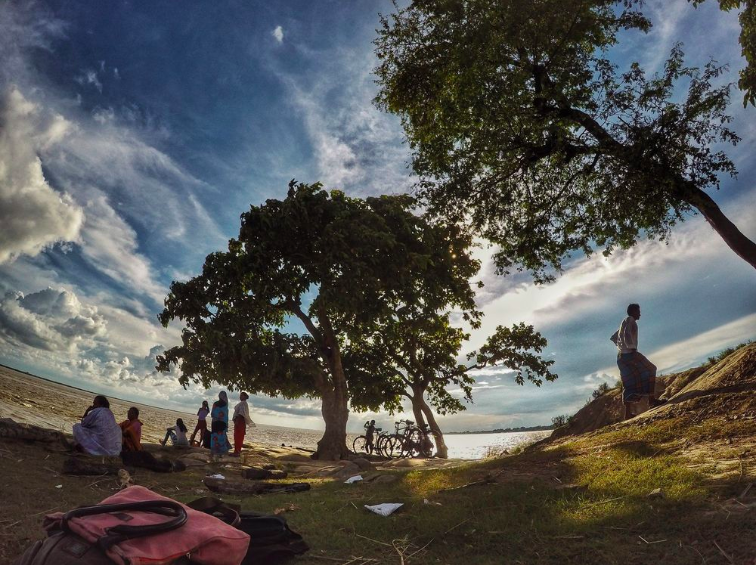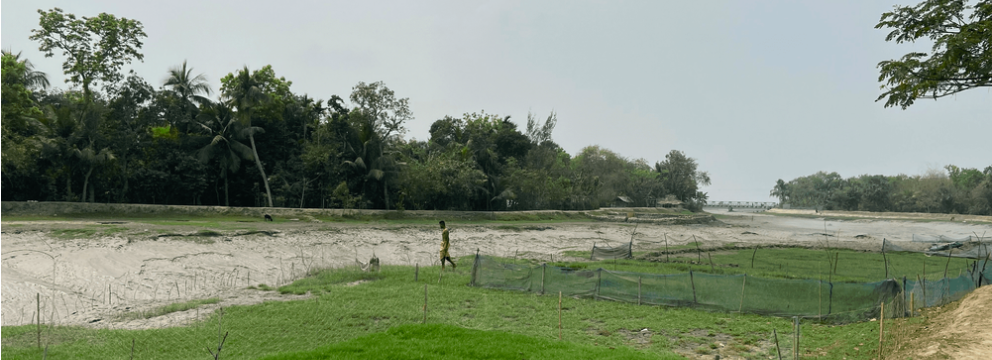Connecting Climate Minds, 2024

The case study highlights the key role that communities themselves play in ensuring and building buffers for their mental health in face of the climate crisis. The case indicates the key role women play in community resilience, focus on empowering women through training programs, leadership development, and initiatives that enhance their ability to adapt to changing environmental conditions. Empowerment of communities is also critical in this process as advocating for environmental justice and reducing existing class-caste inequities are primary protective factors of mental health and well-being. Building leadership and agency of marginalized communities is a critical area of work development interventions need to bring into consideration. Given that mental health remains an understudied aspect within climate change work in the context of Bangladesh, greater emphasis on conducting comprehensive and specific studies on various marginalized groups in climate vulnerable areas is an immediate priority. Beyond this, greater influence needs to be generated at policy levels to bring into consideration need for strengthening capacities to work on mental health in climate change research and interventions.



